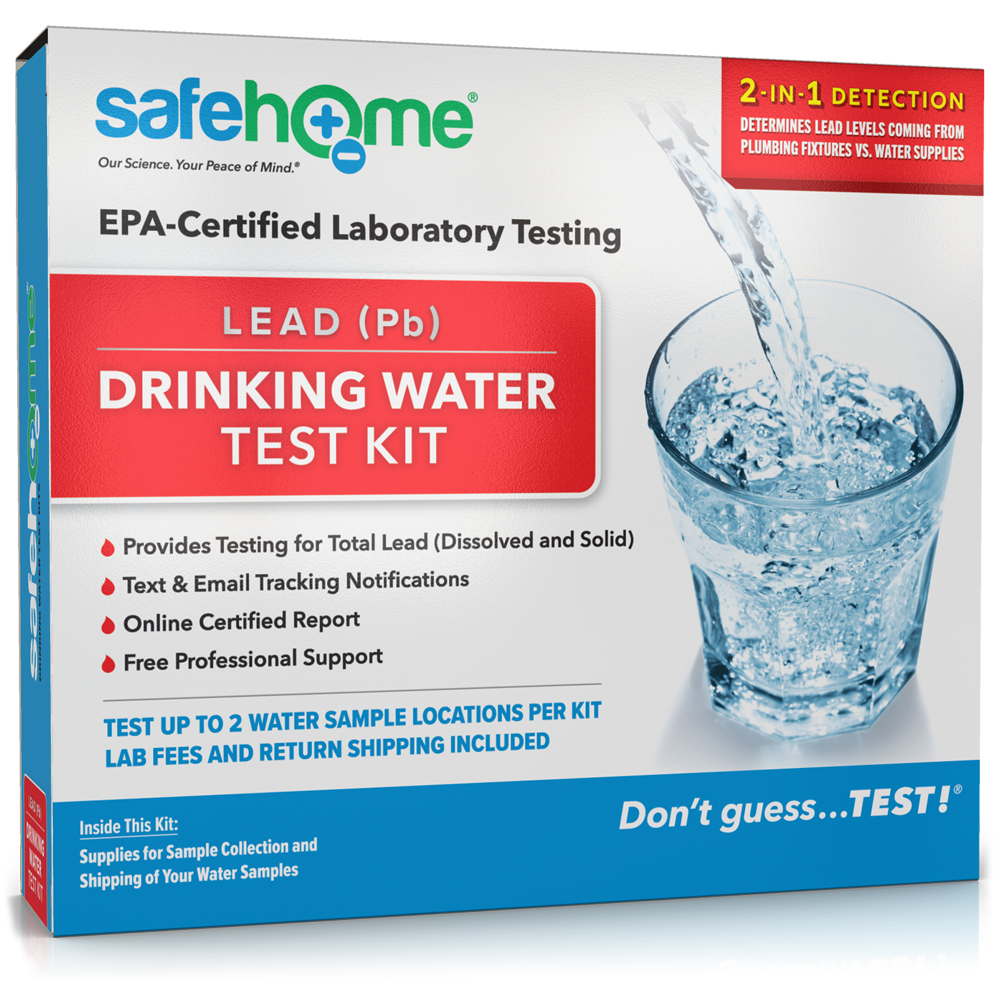Ensuring Safe Home Plumbing: Tips for a Secure Water System

Ensuring a Secure Water System: Tips for Safe Home Plumbing
Maintaining a safe home plumbing system is crucial for the well-being of your household. From preventing water damage to safeguarding against health hazards, here are essential tips to ensure your plumbing is in top-notch condition.
Regular Inspections for Leak Prevention
One of the fundamental aspects of safe home plumbing is conducting regular inspections. Check for leaks in faucets, pipes, and appliances that use water. Timely detection and repair can prevent extensive damage, mold growth, and water wastage. A proactive approach to leak prevention ensures the longevity of your plumbing system.
Proper Drain Maintenance
Clogged drains are a common plumbing issue that, if ignored, can lead to more significant problems. Implementing proper drain maintenance involves avoiding the disposal of grease, hair, and other debris down the drains. Regularly using a mixture of baking soda and vinegar can help keep drains clear and prevent blockages.
Temperature Regulation for Water Heater Safety
Water heaters play a crucial role in our daily lives, but they can pose risks if not properly maintained. To ensure safe home plumbing, regulate the temperature of your water heater to prevent scalding accidents. Flushing the tank periodically removes sediment buildup, improving the heater’s efficiency and extending its lifespan.
Investing in Quality Plumbing Fixtures
Choosing high-quality plumbing fixtures is an investment in both safety and durability. Opt for fixtures with reputable certifications, such as WaterSense. These fixtures are designed to conserve water while maintaining optimal performance. Upgrading to quality fixtures not only enhances safety but also contributes to water efficiency.
Insulating Pipes for Cold Weather Protection
In colder climates, protecting your plumbing system from freezing temperatures is crucial. Insulate exposed pipes in basements, attics, and crawl spaces to prevent them from freezing and bursting. Proper insulation ensures continuous water flow during winter, reducing the risk of costly repairs and water damage.
Regular Septic System Maintenance
For homes with septic systems, regular maintenance is essential for safe plumbing. Schedule routine inspections and pump-outs to prevent system failures and environmental contamination. Following best practices for septic system care ensures the efficient and safe disposal of wastewater.
Mindful Water Usage Habits
Practicing mindful water usage is not only environmentally responsible but also contributes to safe home plumbing. Be conscious of water-consuming activities, such as excessively long showers or running faucets unnecessarily. Encourage family members to adopt water-saving habits to reduce the strain on your plumbing system.
Emergency Shut-off Preparedness
Knowing the location of your home’s main water shut-off valve is crucial in case of emergencies. Familiarize yourself with its operation, and ensure all family members are aware of its location. Being prepared to shut off the water quickly can prevent extensive damage in the event of a burst pipe or other plumbing emergencies.
Professional Inspections for Comprehensive Safety
While proactive homeowner efforts are valuable, scheduling professional plumbing inspections is equally important. Professionals can identify potential issues that may go unnoticed and provide comprehensive solutions. Regular check-ups by a qualified plumber contribute to the overall safety and efficiency of your home plumbing.
Safe Home Plumbing: A Link to a Sustainable Future
As we prioritize safe home plumbing, it’s essential to recognize the interconnectedness of sustainable practices. To further enhance your commitment to a secure water system, explore eco-friendly solutions such as solar-powered water heaters. Learn more about sustainable choices for your home at Safe Home Plumbing.
In conclusion, safeguarding your home’s plumbing system goes beyond preventing leaks and addressing issues as they arise. Implementing these tips ensures a safe and efficient plumbing system, contributing to the overall well-being of your home and the environment. Regular maintenance, mindful water usage, and the integration of sustainable solutions are key steps towards a secure and eco-friendly living space.
